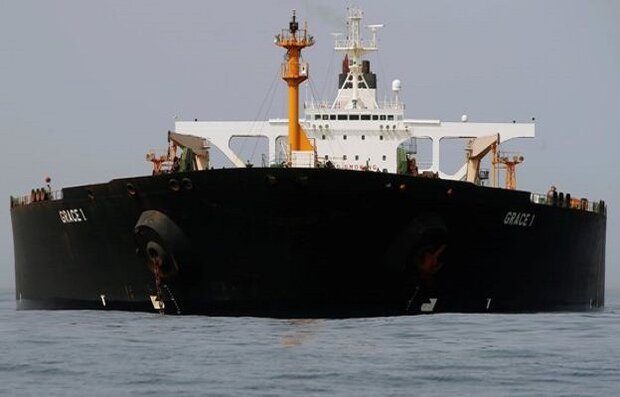“The seizure of the Iranian oil tanker was based on unrealistic reasons and PMO is making efforts to have it released,” he said.
He noted that Iranian vessels, both oil tankers and merchant ships, are commuting under normal conditions in international waters despite some difficulties.
Referring to the US' anti-Iran maritime initiative in the Persian Gulf, Eslami said that in Iran’s view the coalition is a self-defeating once since no country except the Zionist regime has joined it.
Relations between Iran and the UK soured after an Iran-operated oil tanker, Grace 1, was illegally detained by British Royal Marines in Gibraltar on July 4, on accusations that the tanker was carrying oil to Syria in possible violation of the European Union’s sanctions on the Arab country. Iran condemned the move as “piracy” and called for the immediate release of the tanker, stressing that the tanker was not headed to Syria.
A few days later, on July 19, Tehran impounded a British-flagged ship, Stena Impero, in the Strait of Hormuz for failing to stop after hitting an Iranian fishing boat, a violation of international maritime rules.
Washington has developed a plan to create a military coalition to escort foreign vessels sailing through the Strait of Hormuz in the strategic Persian Gulf. However, key Washington allies Germany and Japan have refused to join, and France has expressed reservations about the US’ provocative initiative.
On August 6, Israeli regime’s Foreign Minister Israel Katz said that they will be part of the US-led anti-Iran coalition. Iran reacted to the announcement, warning that Washington and Tel Aviv would be responsible for the consequences of such a decision.
HJ/IRN83435301

























Your Comment